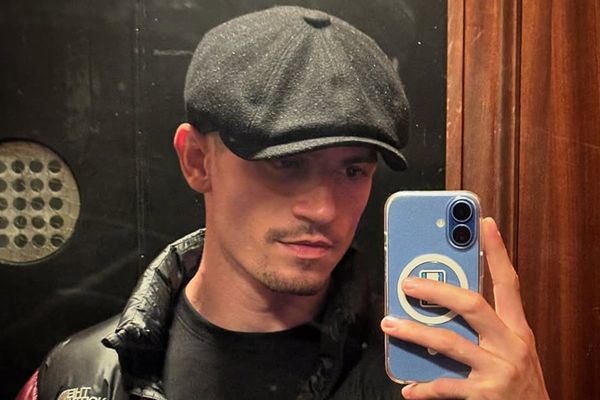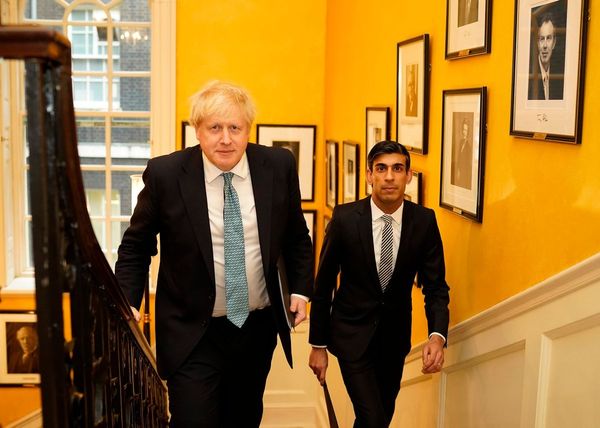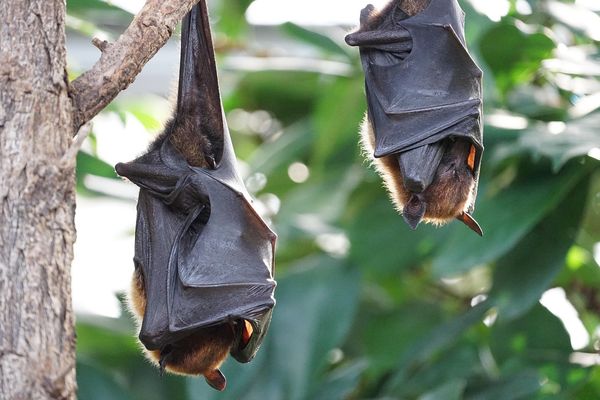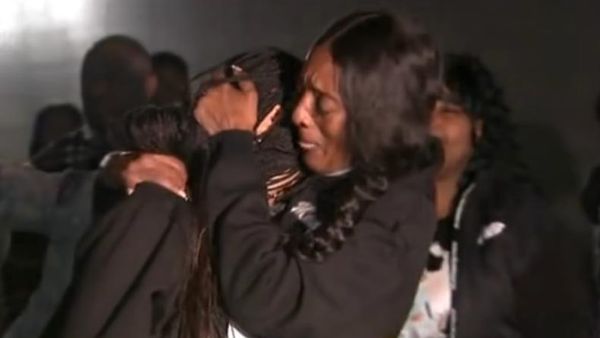
Asked where the Glazers went wrong, the Manchester United insider said one word: “Communication.”
The reviled American owners of the world’s biggest football club and a trophy-winning pedigree stretching from Sir Alex Ferguson to Sir Matt Busby and players like Ryan Giggs, David Beckham, Sir Bobby Charlton, George Best, did not do PR.
Malcolm Glazer, head of the family, never saw the need for it and consequently was regarded as an aggressive, ruthless business tycoon. That omerta was passed on to his six children.
When I came to research my new book, The World’s Biggest Cash Machine — Manchester United, the Glazers, and the battle for football’s soul — I made overtures to secure an interview with Joel Glazer, the sibling who took the keenest interest in United. I was under no illusion.
In their near two decades of ownership, the Glazers had not spent any time with the media, not let the cameras, microphones and writers brandishing notebooks into their domain.
They’d come close . Journalists recounted being on the verge of obtaining a sit-down session with Joel and, or his brothers Avie and Bryan (the others who are closest to United), only to be refused.
One writer had journeyed to Joel’s home and office in the US, to try to “doorstep” him, only to find no trace, he wasn’t there — it was as if they were forewarned and had skedaddled.
My pitch was that this was for a book, not a newspaper or telecast. He could see me without alienating all those newspapers and broadcasters who had requested interviews down the years.
A book was coming from a different perspective. That was my sell, and for a while it seemed to be working.
Then, the shutters came down and I was informed that Joel was too busy to see me. What’s strange about their behaviour is that it’s difficult to think of anybody who requires good public relations more than the owners of a top football club.
They’re at the heart of a community, they need positive interaction with the fans, media, manager, team. Or at least they ought to.
The Glazers saw it differently. From the moment they began acquiring shares in United they didn’t bother to explain themselves. They bought through stealth, adding to their holding over months and years.
When they gained control and Joel, Avie and Bryan visited United’s Old Trafford base on June 30 2005 they were greeted with protests. They were portrayed in some quarters as monsters and criminals, cynically borrowing from hedge funds and banks to take over the great club, using other people’s money to grab this temple of the people’s game.
Being foreign, from a land where football was not a major sport, only added to the loathing.
Weirdly, neither Joel nor his brothers conformed to the stereotype of the American billionaire. They were not flash, brash or overbearing. They were normal, bloke-next-door.
When they first stepped on the Old Trafford turf what was striking was just how humbled they seemed. They appeared genuinely moved, taking in the vast stands, and with them the proud history.
Their body language could be awkward and unassuming, something their PR adviser (yes, they did have one but his role was more reactive than proactive) commented upon.
United’s followers were determined to lay down a marker. All day, fans had been texting and emailing each other to say the Glazers would be at Old Trafford.
This was the chance to show them what true, local Reds, what Manchester, thought.
Crowds gathered outside. The police were blindsided, looking after a match at the neighbouring cricket ground.
Cries of “Die Glazer! Die Glazer!” rang out. There was the possibility of serious harm. So , when the Glazers departed, they did so in the back of a police van.
Nothing could be more ignominious. Instead of realising they must engage with the fans and show they were all right really, and meant only good, the Glazers battened down. Joel did an interview with MUTV, the club’s own TV channel, but that was all.
There was no national press, no major, accessible TV or radio appearance . The media remained largely hostile and, of course, the supporters took their cue from where else, but the media.
Henry Winter in the Daily Telegraph wrote: “United supporters demonstrating outside Old Trafford have every right to make life uncomfortable for the profiteers from Florida who have taken over their beloved club.” The Telegraph headline summed it up: “The wound that will never heal.”
It never did, never has. Not in 18 years.
Belatedly, Joel did attempt to communicate with the supporters. This was after the collapse of the ill-conceived, widely condemned (including by the then Prime Minister, Boris Johnson and Prince William) European Super League idea, in which Joel had played a significant part.
What was a long-running sore between the Glazers and a section of Manchester United supporters was in danger of becoming something much worse — uniting all of football against the family.
Again, though, he displayed the same absence of empathy and a stubborn refusal to change substantially.
In a sense as far as the Glazers were concerned, it did not matter.
They owned the club, they’d developed its commercial, sponsorship side to a level that left rival teams gasping, they were sitting on an asset that was worth, by their reckoning, £6 billion if not more. They’d endured years of often horrendous abuse. With right PR, things could have been so much better.
But as it was, it was the cost of owning United and making many billions of pounds.







